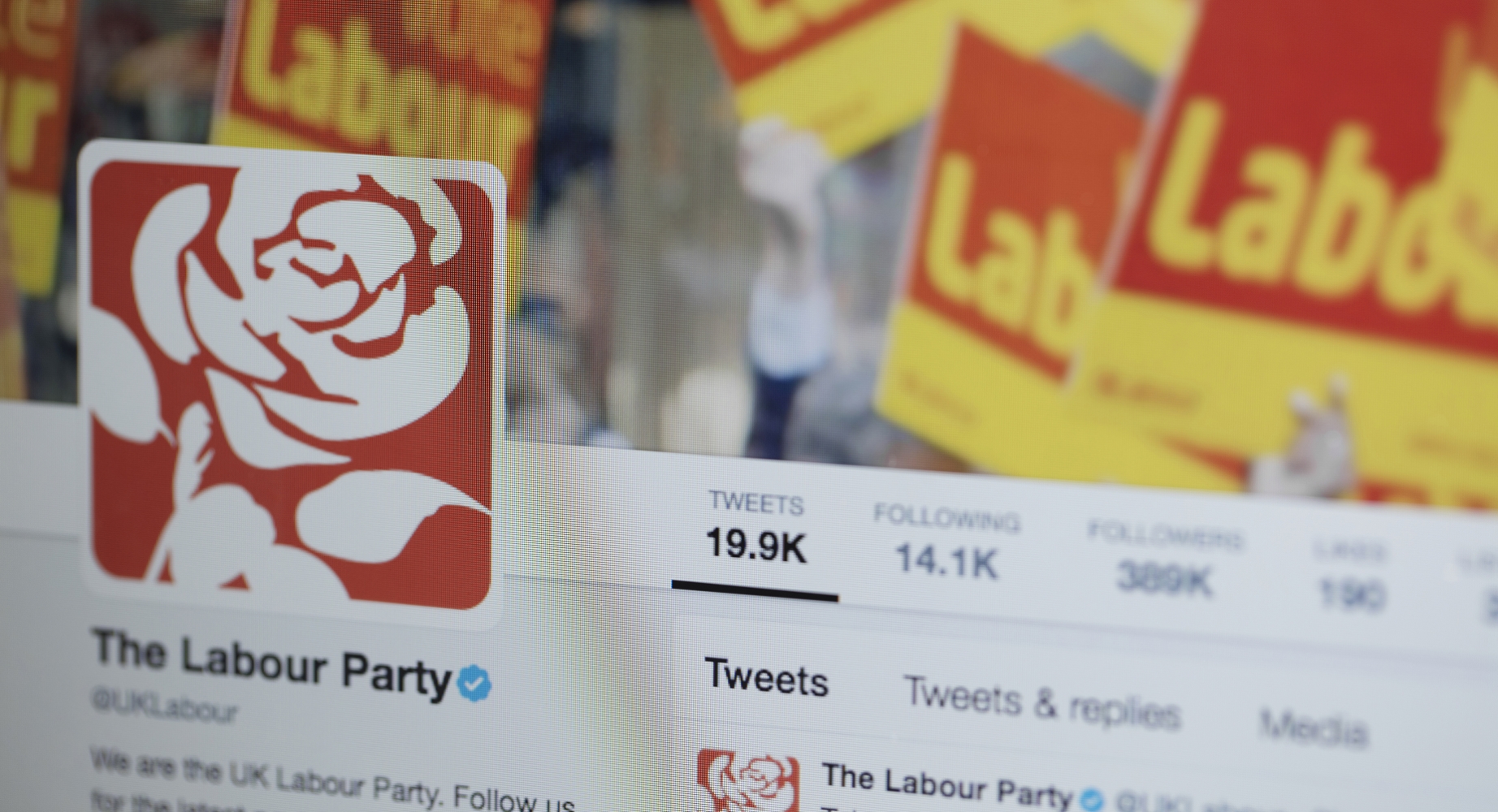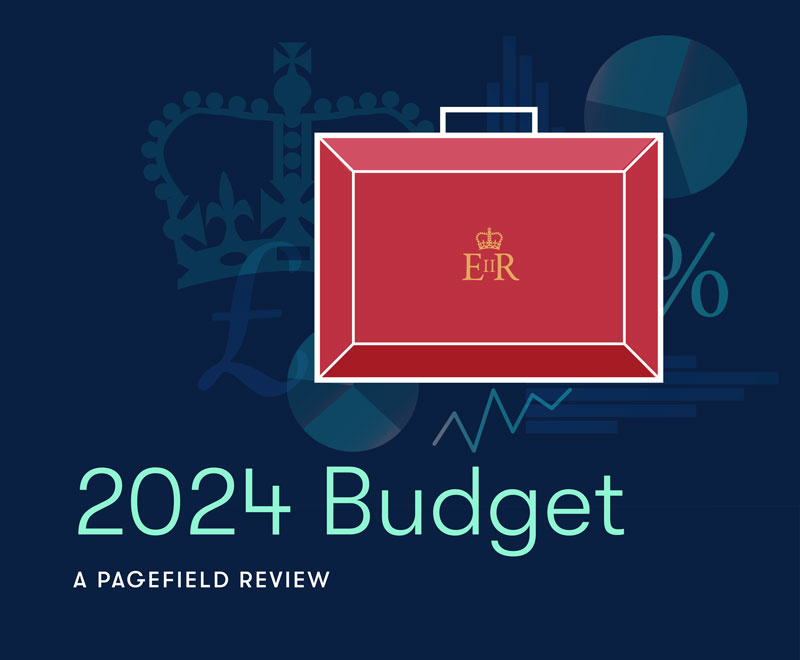Josh Lambkin offers his thoughts and predictions on a potentially turbulent five years in Westminster should Jeremy Corbyn triumph on Saturday morning at the announcement of the result of the Labour leadership contest.
Prediction is not a particularly popular pastime in the world of politics at the moment, but with a radically shifting landscape and the emergence of ideologies that someone my age has only ever seen in the history class, I thought I would give it a go.
Much of the recent political commentary has focused solely on the rise of the ‘hard left’ within the Labour party, personified in this instance by Jeremy Corbyn. This phenomenon has been defined primarily by its unforeseen popularity (among the relatively stratified sample of the Labour Party, that is), and it is understandable that it has filled the airwaves over the last few months. History, however, tells us that it will not stand up to the scrutiny of the wider electorate, a concept which Corbynistas seem to either reject, misunderstand or simply don’t care about. The real question that people should be asking is, therefore; what happens to the left with Corbyn as Leader of the Opposition?
Meeting for the first time yesterday was a much less publicised group on the left of British politics: the so called ‘resistance movement’, or ‘Labour for the Common Good’. Led by Tristram Hunt and Chuka Umunna (two politicians who arguably scare the Tories the most), this group is perceived by many as forming a visible group within the Labour Party which opposes Jeremy Corbyn and can resist the inevitable leftward shift (despite Umunna’s recent calls for ‘unity’). This small group could prove to be the only faction within Labour to maintain political credibility through to the next election.
The first test for the ‘resistance movement’ will be their handling of Corbyn’s leadership victory. Many see it as unlikely that Corbyn will last long, with former adviser to Tony Blair, John McTernan even calling for an immediate knifing. However, he might last just long enough for the ‘resistance’ to develop a solid modernising policy platform, effectively becoming a counter-current within the Labour Party and recruiting additional MPs to their cause. Crucially, this movement must be seen to be trying to change the Labour Party from within. This would ignite support from a broad coalition of Labour modernizers and economic liberals.
If the ‘resistance’ can deploy a constructive, centrist message to offset the Party leadership, this will be amplified by stark comparison to the actions and demeanor of the Tory party. If they gloat and revel in Corbyn’s leadership too much, as I suspect they will, they will lose political capital fast. If the ‘resistance’ can develop a mature and pragmatic response to what is clearly an irrelevant ideology at a national level, then they could become a home for any voter that smells a rat in the Corbyn camp, and can’t stomach the ‘smug Tories’ – they could even be seen as the saviors of British politics.
Politically, the Tories could well find themselves in a surprisingly weakened position in the next few years. They will be faced with a severe dent in popularity once the depth and extent of welfare reforms are realised, not to mention a potentially messy leadership election and a schism over the European referendum. They also have the problem of an improving economy to deal with as they fight to prove their relevance – once they have “fixed the roof while the sun is shining”, they may find that the electorate is ready to “give the keys back to the party who crashed the car” – slogans aside, this seems to be a natural cycle in British politics.
More fundamentally, I believe that many voters (particular the younger generations) don’t understand what conservatism really has to offer them. Without a charismatic leader, like Thatcher, people find it hard to buy into an ideology that encourages ambition (sometimes to a fault) and rewards success (often gratuitously). The growing sentiment amongst many people that society is not ‘working for them’ or the most disadvantaged is a clear symptom of the Tories’ inability to land a “big idea” with the electorate. Unless the value of conservatism is demonstrated to those who are yet to succeed – and not just reliant on those who already have – the party will regress and ultimately become consigned to the political wilderness. If the ‘resistance movement’ within Labour can develop a coherent platform, the electorate is there for the taking.
It is not as simple as setting policy however. Centrist Labour cannot afford to alienate the party with the ad hominem attacks characteristic of this election, especially under the shadow of Blairism’s reputation for arrogance within the party. Despite recent allegations of entryism, Labour leaders will always have to rely on their party and its activists for support to win power. The ‘resistance’ will therefore need to understand Corbyn’s supporters, even as they challenge him politically.
So, in short, my prediction is a brief period of Labour turmoil followed by the emergence of a positive, progressive narrative growing in the centre ground. This will coincide with an identity crisis on the right as the Tories fight to retain unity and avoid castigation as the party of inequality. Eventually, possibly not 2020, we will have a situation when the average voter outside of the Westminster bubble is left with a stark choice: five more years of a weakened Tory party or a new progressive movement in the centre-ground, strengthened further by a true understanding of the successes and failures of Blairite politics. A similar choice has been presented to the electorate before and we know what happened that time.




